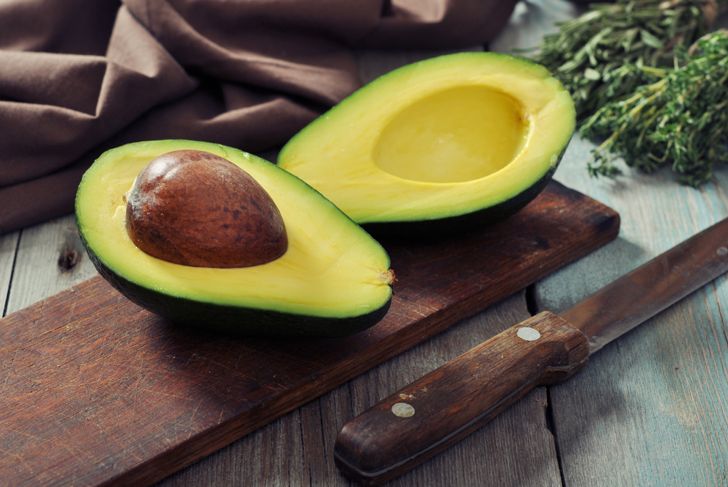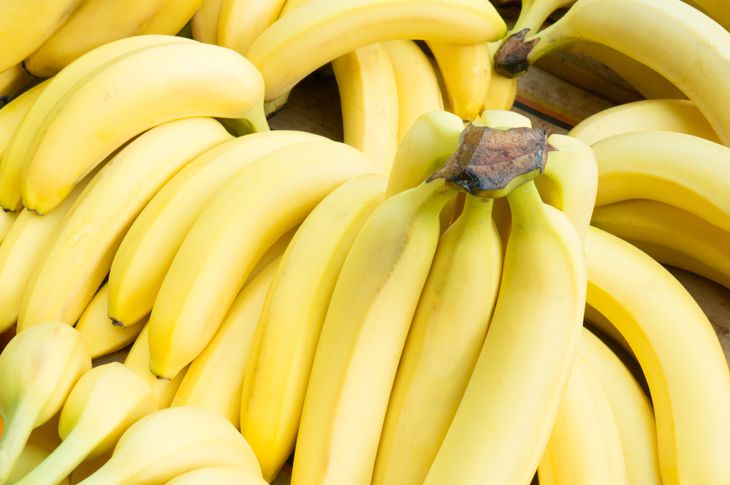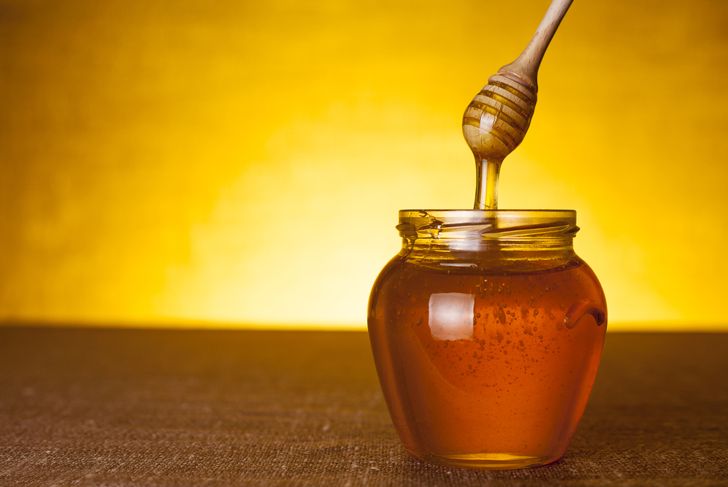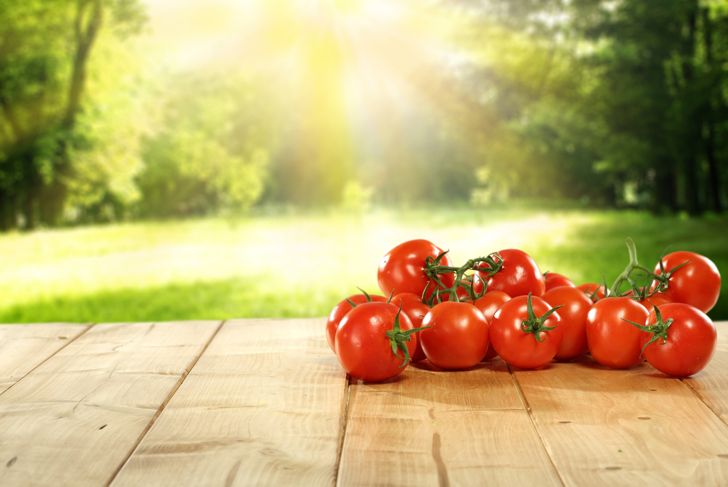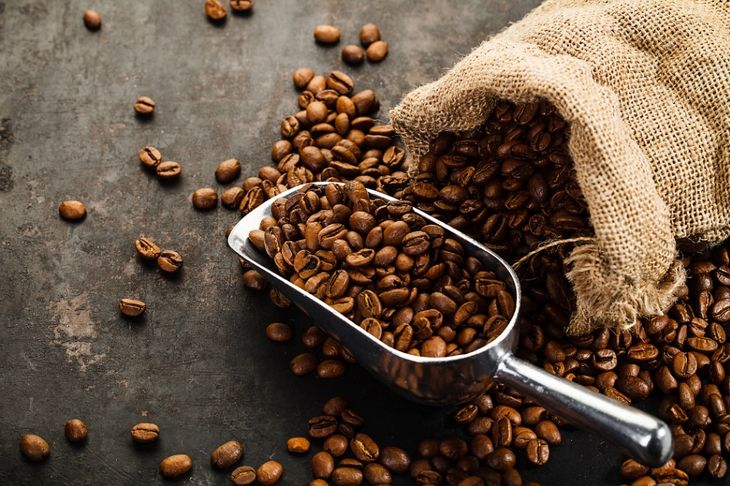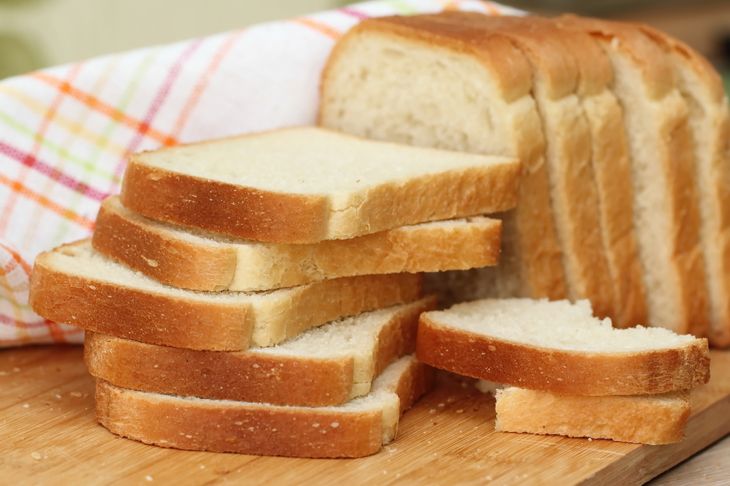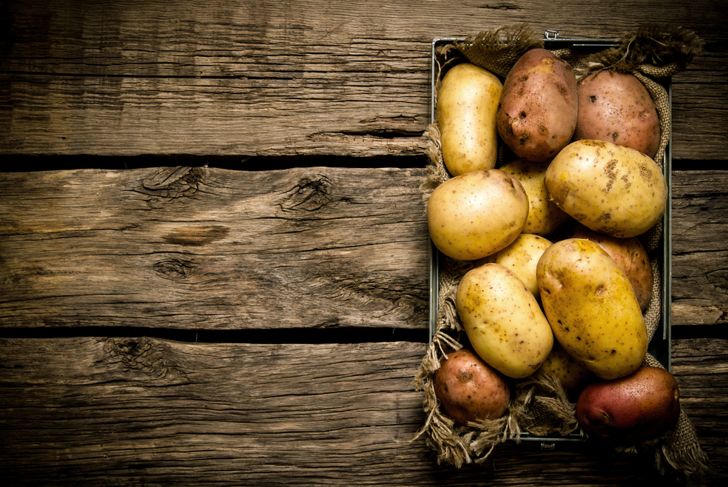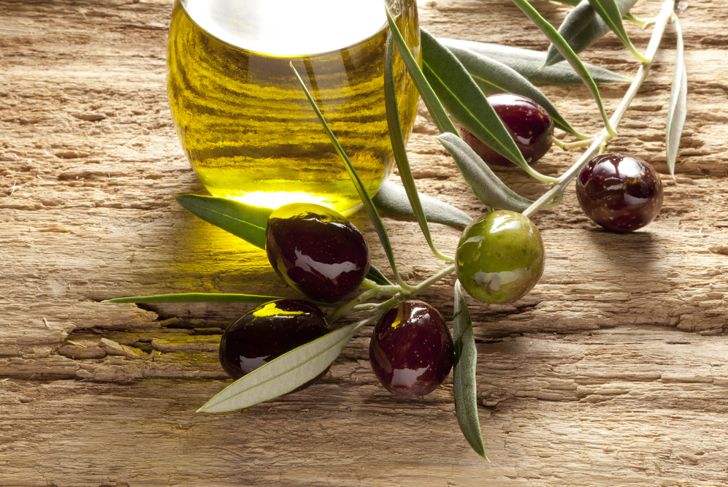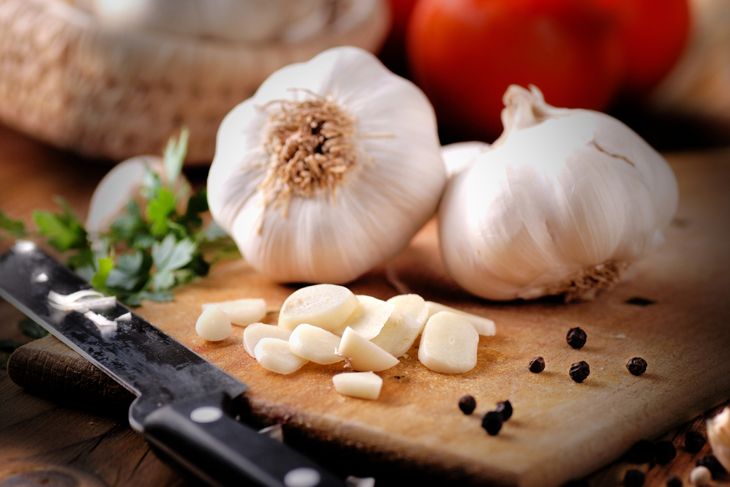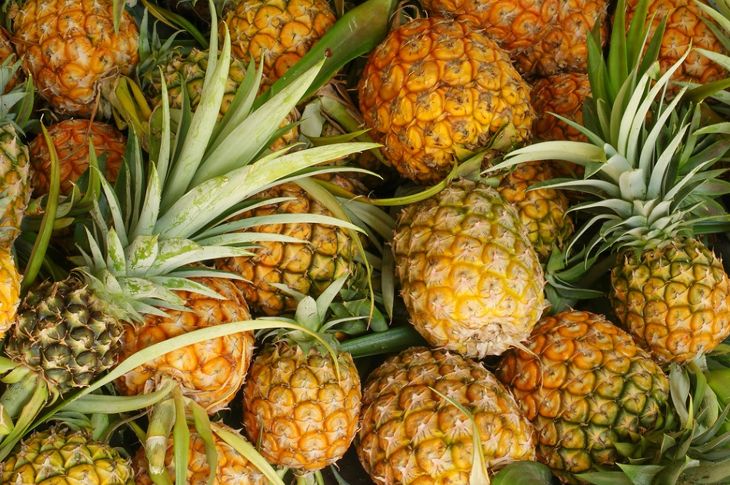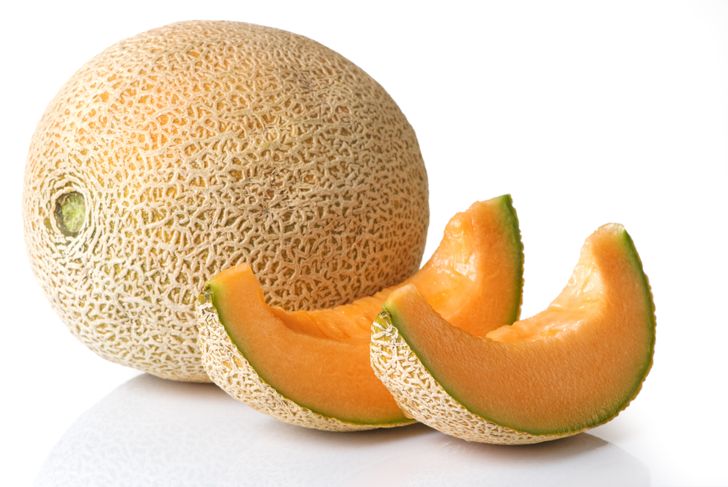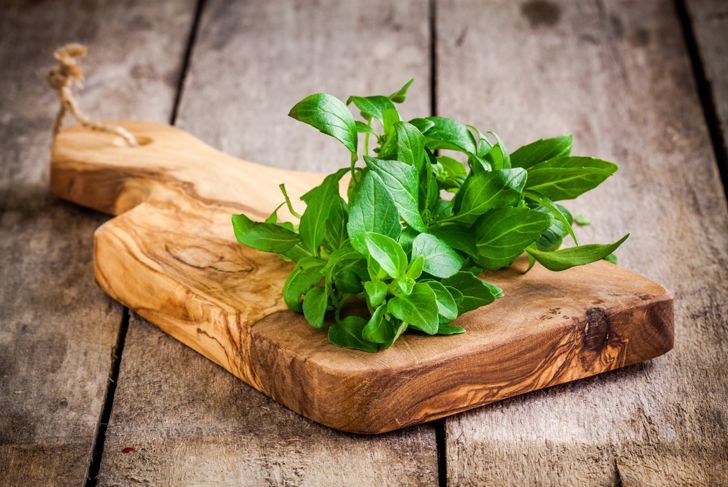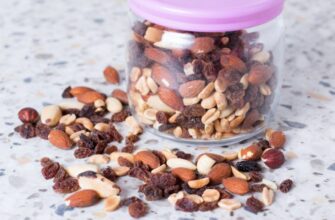Your fridge is not the ideal place to store certain food items. Just because you have a big fridge doesn’t mean you need to keep everything in it. The point is, a lot of vegetables and fruits can do without refrigeration. Free some space in your refrigerator by keeping the room-temperature-happy food items in your pantry or in a fruit bowl.
Avocados
Avocado is incredibly nutritious. Nurturing an avocado and ripening it is an art. This creamy fruit is usually stone-hard when freshly bought from the market. So, it’ll take some time for avocados to ripen properly at home before you eat them. Avocadoes ripen the best at room temperature. Putting them in a refrigerator will slow the ripening process. For a faster ripening time, you can put one or more avocados together in a paper bag; this traps in the natural ethylene gas that the plant emits, making guacamole time come a little bit sooner.
Bananas
If a banana is green, it is not yet ready to eat. A perfectly ripe banana has a yellow or slightly brown-speckled peel. Storing bananas in the fridge does two bad things – it slows the ripening process and can make the peel turn black. The optimal way to store bananas at home is in a cool and dry place, such as on the counter. For longer lasting bananas, wrap the stem where the bananas connect to each other with plastic or fabric wrap to slow gas emissions.
Honey
Putting honey in the fridge will cause the sugar particles to crystallize, resulting in a process called granulation. Though honey has the longest shelf life of any food, and won’t go bad in the fridge, granulated honey is nearly impossible to work with. The best way to store honey is in an air-tight container, in a dark cupboard. By storing honey in the right conditions, you will be able to keep it soft for years to come.
Tomatoes
Tomatoes are pretty similar to bananas when it comes to the ripening process. If your tomatoes are underripe, they should be kept on the counter. If they are transferred to the fridge before being ripened , they will lose their crunch and flavor. Cold temperatures will even mess with their texture if they are in the fridge long enough. Therefore, this warm-loving produce should be kept in an open basket on the countertop for several days, and not inside the fridge.
Coffee Beans
Many people make the honest mistake of keeping coffee beans in the fridge or freezer, hoping that the beans will stay fresh for longer. However, this will almost always spoil the taste of the coffee. Light, temperature, and moisture can all affect the flavor of coffee beans. A moist environment like a fridge will de-saturate the beans and cause they to absorb fridge odors and become stale. The best place to store beans in your house is in a well-ventilated, yet sealed, bag or tin on the counter.
Bread
Refrigerators are not good for bread, as it tends to dry out and become stale. Moisture present in the fridge will promote bacteria and mold, thus making it spoil even faster than on the counter. Store bread at room temperature, where it will remain fresh for as long as four days. However, for longer-term storage, you should store your bread (or portion of bread) in a bread box or a freezer.
Potatoes
We all love potatoes in one or the other form – baked, boiled, fried, scalloped, or mashed! The beloved spud changes taste when kept in a refrigerator, and not for good. The cold environment turns the starch into sugar rapidly, leaving the potatoes, flavorless and gritty. The ideal place for storing potatoes is a dry, dark place. Storing them in fabric sacks or paper bags in a pantry or cellar is ideal.
Extra-Virgin Olive Oil
As good as it may sound, never think about storing extra-virgin olive oil, or any other cooking oil, in a fridge. Refrigeration can condense olive oil, thus making it solid and cloudy. Always store olive oil in a dark and air-tight space so that their nutrient properties are not compromised. The best container for storing olive oil is in a dark-tinted glass jar or bottle. Many brand of olive oils come this way when you buy them to prevent sunlight from changing the oil’s properties.
Onions
Onions are just not meant to be in the refrigerator. As refrigerators are cold and wet, their environment can turn onions moldy and mushy. On top of that, moisture inside the fridge can make onions sprout prematurely. What onions actually like is cool and well-ventilated places where they can breathe. It is better to store your onions in paper lunch bags or their original mesh bags in which they can stay fresh for a long time. Don’t keep onions near potatoes as that can also mess with their texture.
Garlic
Garlic in a refrigerator is a strict no-no. Lack of air circulation in your fridge can make the garlic moldy and rubbery. What’s worse – the appearance of garlic when kept inside the fridge doesn’t change, so it is harder to tell when it has expired. Store garlic loose on the countertop, so that it can get proper air circulation.
Pineapples
Packed with health-boosting nutrients, pineapple lovers can easily tell the difference between canned and fresh pineapples. Uncut pineapple shouldn’t be kept in the fridge, rather should be kept on the countertop at room temperature. However, after it has been chopped, it is ok to store the slices in an air-tight container in the fridge or even freezer for longer life.
Whole Melons
The juicy sweetness of melons makes them a must in your dessert platter. But finding that your fridge-bound melons have mushy spots and blemishes on them can leave you disappointed. Whole melons stored in the fridge lose their antioxidant content. The moisture of your fridge will make them unsightly and lose their nutrients. It is best to leave whole melons on a countertop, but once cut, will benefits from being in the fridge.
Basil
You can keep basil perky by placing the stock in a cup filled with water, the same as you would keep cut flowers. It would be best to cover them with a plastic bag and let it remain on the countertop. Refrigerating basil leaves will turn them black quickly. You can also use this method for storing long-stemmed herbs, such as parsley.
Hot Sauce
Two of the prime ingredients in hot sauce is vinegar and salt, which make for a high acidity level, which can become cloudy when kept in the fridge. Sometimes, being in the fridge will just cause it to change color – but won’t spoil the flavor. Store commercially bottled hot sauce at room temperature in your pantry for as long as three years, prior to opening.
Cakes
Cakes can be stored at room temperatures for longer than you realize. If the cake is unfrosted, it is perfectly normal to keep it in an airtight container or wrap for two to three days. However, if your home gets too hot during the day, you should be keeping it in the fridge. Just make sure you wrap the cake in plastic properly. This is important to do so that the sponge of the cake does not absorb any unnecessary smells of the fridge.

 Home
Home Health
Health Diet & Nutrition
Diet & Nutrition Living Well
Living Well More
More